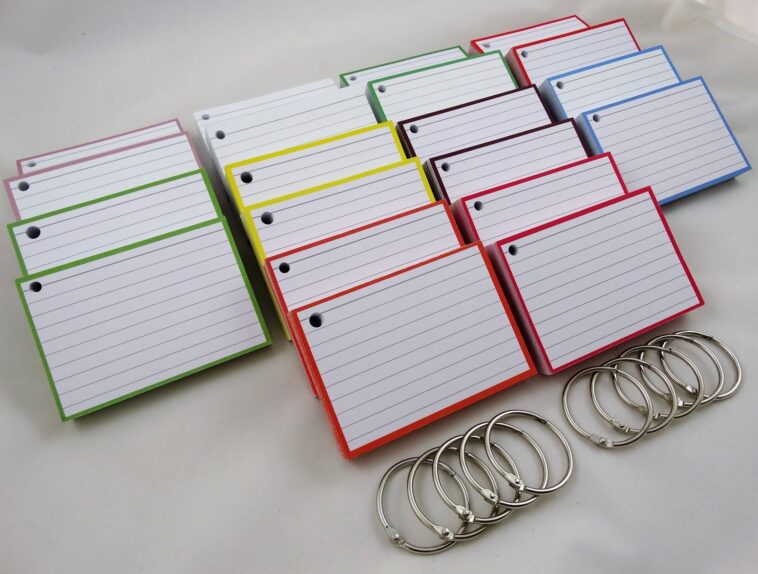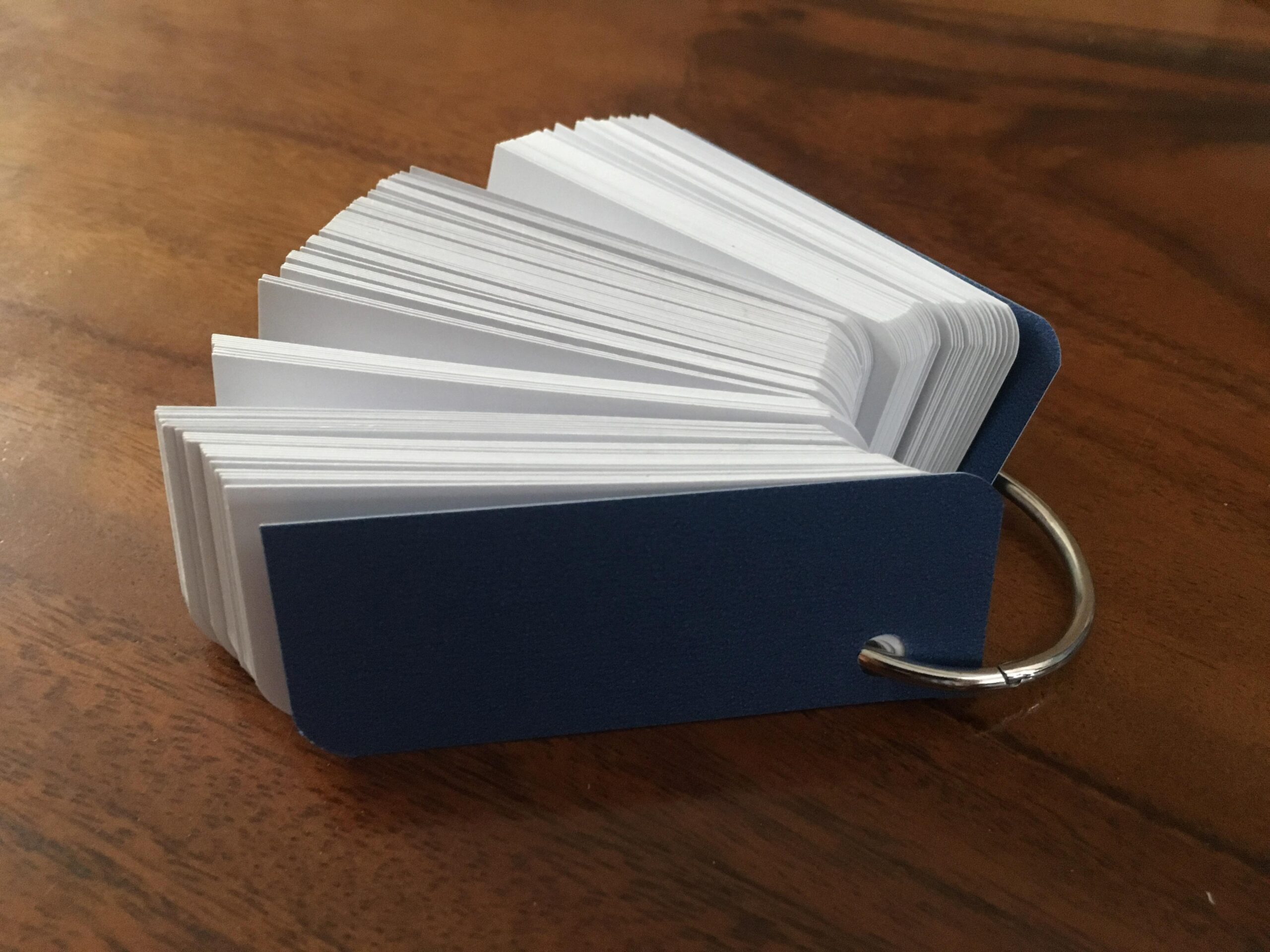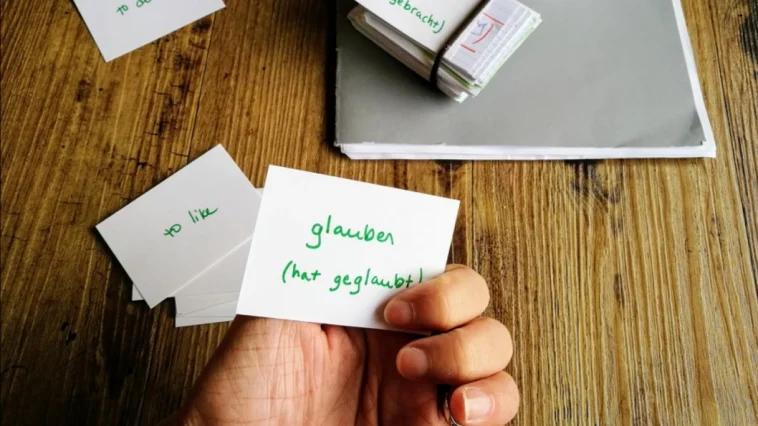In the ever-evolving landscape of learning techniques, some tried-and-true methods continue to stand the test of time. Among these, the combination of flashcards and spaced repetition has emerged as a potent dynamic duo, revolutionizing the way we remember and retain information. This powerful synergy harnesses the principles of cognitive psychology to enhance recall power and optimize learning outcomes.
Flashcards: A Bite-Sized Learning Tool

Flashcards are not a new concept; their simplicity and effectiveness have kept them relevant across generations. At their core, they encapsulate information into bite-sized, digestible portions. This format is particularly effective for breaking down complex subjects into manageable pieces, making even the most intricate topics approachable.
The act of creating them itself becomes a cognitive exercise, allowing learners to condense information to its essence. Whether handwritten or digital, the process of curating them necessitates critical thinking, aiding in the organization and synthesis of knowledge.
Spaced Repetition: The Science of Remembering
Enter spaced repetition, a learning strategy grounded in cognitive psychology. This technique capitalizes on the “spacing effect,” a phenomenon where information is better retained when exposure to it is spaced out over time. The underlying principle is simple yet profound: the brain remembers more effectively when it’s prompted to recall information just as it’s about to forget it.
Spaced repetition algorithms leverage the forgetting curve – the pattern in which we forget information over time – to schedule the review of flashcards at optimal intervals. Initially, cards are reviewed frequently, then as mastery increases, the intervals gradually lengthen. This approach not only enhances long-term retention but also minimizes the time required for review.
The Dynamic Duo: A Cognitive Synergy

When flashcards and spaced repetition join forces, the result is a cognitive synergy that significantly boosts memory retention and learning efficiency. Flashcards provide the content, while spaced repetition optimizes the timing of exposure to that content. This synchronization aligns with how our brains naturally retain and retrieve information, reinforcing neural pathways through repeated and spaced-out engagement.
Moreover, this technique accommodates various learning styles and paces. Whether you’re a visual learner, an auditory learner, or a combination of both, flashcards can be customized using tools like Gizmo to cater to your preferences. Gizmo, a cutting-edge AI-powered educational platform, a great Anki alternative, empowers learners to create personalized flashcards enriched with multimedia elements, enabling visual and auditory learners to engage with content in their preferred formats.
Maximizing the Duo’s Potential

To harness the full potential of this dynamic duo, it’s essential to adopt a few best practices:
Consistency: Dedicate regular, short study sessions to reviewing flashcards.
Active Recall: Before flipping the card, try to recall the answer. This active engagement deepens memory encoding.
Variety: Combine text, images, and even mnemonics on your flashcards to enhance engagement.
Continuous Creation: Keep building new flashcards as you encounter new information or areas of difficulty.
Conclusion
In the realm of modern education, where digital tools and platforms dominate, the enduring partnership of flashcards and spaced repetition stands as a testament to their effectiveness. By leveraging these age-old and scientifically-backed techniques, learners of all ages can unlock their recall power and embark on a journey of more efficient, enjoyable, and successful learning.





